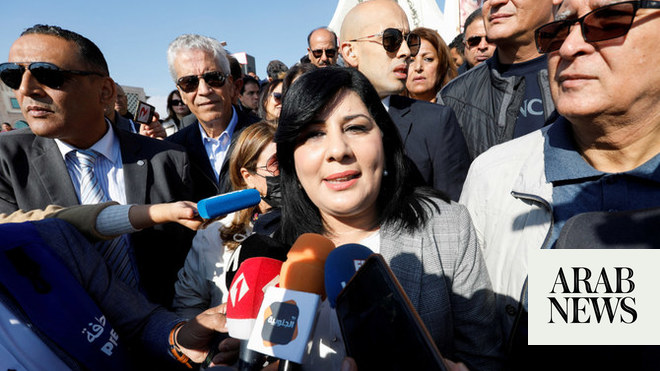Foreign embassies announce precautionary measures amid concerns of full-scale war between Israel and Hezbollah
BEIRUT: Foreign embassies in Lebanon maintained precautions Saturday amid fears of a full-scale war between Israel and Hezbollah.
Egyptian Foreign Minister Bader Abdelatti expressed “deep concern over the escalating tensions” in the region during a phone call with his Lebanese counterpart Abdullah Bou Habeeb, with the Egyptian foreign ministry saying in a statement Saturday that Abdelatti reaffirmed Egypt's support for Lebanon in “dealing with the threats that surround Lebanon.”
Egypt's statement comes as the United States and the United Kingdom call on their citizens in Lebanon to leave the country immediately.
Despite the flight suspensions and cancellations, “commercial transportation options for leaving Lebanon remain open,” the U.S. embassy said.
British Foreign Secretary David Lammy said tensions were “high and the situation could deteriorate rapidly”.
The Swedish Embassy recently announced that it will relocate staff to Cyprus due to security concerns.
Due to the escalating tensions, several airlines have cancelled or extended the suspension of flights to Beirut. Dutch carrier Transavia has extended the suspension of flights to and from Beirut until Tuesday, as has Air France. Kuwait Airways will suspend flights to and from Beirut from Monday.
The Israeli military resumed assassinations of Hezbollah members in southern Lebanon and on the Beirut-Damascus road on Saturday, as Israel awaited Hezbollah's response to the killing of the group's top military commander, Fouad Shukr, on Tuesday.
An Israeli strike hit a residential building on the southern outskirts of Beirut, killing seven civilians, and an Israeli drone hit a car on Al-Bazuriyya Street in Tyre, setting it on fire and killing the driver. Hezbollah identified the victim as Nazih Abed Ali from the southern village of Ait, who was reported to be the brother of emergency doctor Mahmoud Abed Ali, who had rushed to the scene. A video circulating on social media showed Mahmoud at the scene, a few kilometres from Ait, saying: “Don’t cry” and that he would go and collect the body of his brother, “a father of three.”
The Health Emergency Operations Center confirmed the attack killed one person and injured two others.
Hours later, the Syrian Observatory for Human Rights announced the death of one person in an Israeli attack on a vehicle on the Damascus-Beirut road.
Israel also extended the fighting to the Lebanese-Syrian border on Friday night and into Saturday morning, with Israeli warplanes striking the area around al-Qusair and the military's al-Dabaa airport.
Israeli forces also attacked the Matraba crossing, an illegal crossing used by Hezbollah to transport trucks and its members from Lebanon to Syria and vice versa.
Israel also attacked a truck convoy in the area around Hosh al-Sayed Ali, killing the Syrian driver, AFP reported.
Israeli strikes targeted homes in several border villages, including Rab Al-Thalathin, Houla, Tayr Harfa, Aita Al-Shaab and Mays Al-Jabal, resulting in the destruction of properties but no additional deaths.
Meanwhile, Hezbollah said it hit Israeli military positions with missiles, including “the Al-Assi base, the Al-Summagah base on the occupied Kfar Shuba hills, military posts in the Avivim settlement, and buildings used by Israeli soldiers in the Mattat settlement.”
Hezbollah Secretary-General Hassan Nasrallah vowed at Shukr's funeral that he would take “decisive action” and warned Israelis that they would “shed tears instead of laughter”.
Multiple security sources reported that Hezbollah had evacuated areas in the southern suburbs of Beirut, including homes where party officials were staying, as a precaution.
Since the start of the fighting on October 8, the number of casualties among Hezbollah, its allies and civilians, both Lebanese and non-Lebanese, has reached 521.
Israeli media reported on Saturday that “unusual incidents have occurred in northern Israel, particularly in the settlement of Liman in the Upper Galilee, where a man has attempted to infiltrate Lebanon,” but the man's identity has not been disclosed.
